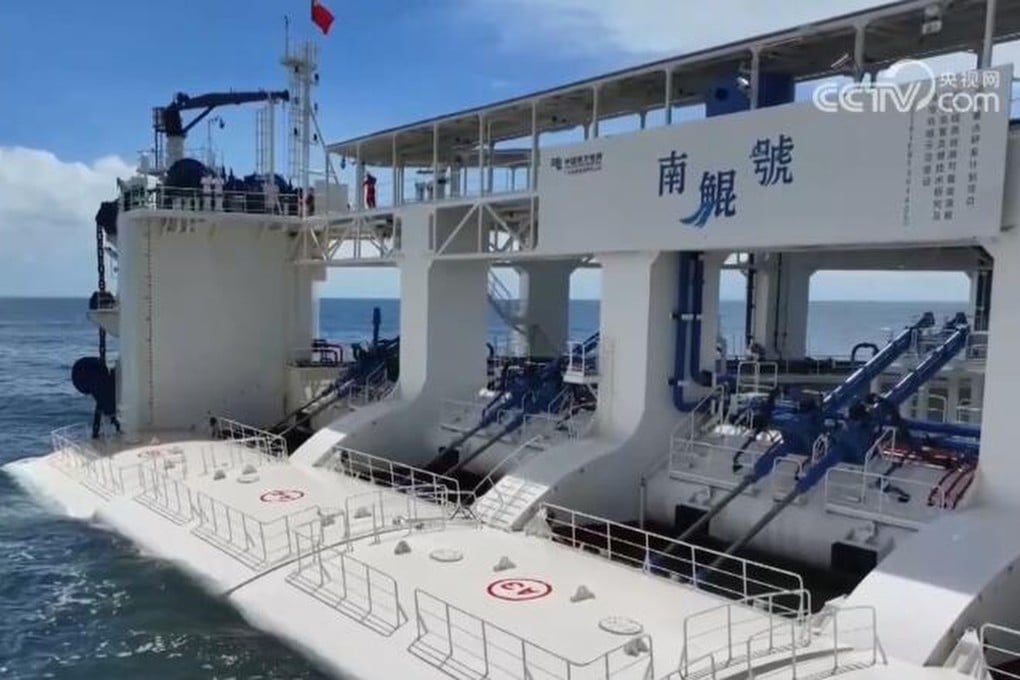China floats wave, wind and solar power plan for South China Sea outposts
Chinese researchers will examine the feasibility of deploying integrated renewable systems on the high seas

The Guangzhou Institute of Energy Conversion – part of the Chinese Academy of Sciences – is looking into the feasibility of integrating wave, wind and solar energy into power systems to meet the daily needs of users and support development in the contested waters.
Wang Zhenpeng, an associate professor and member of the GEIC team, said on Thursday that the project aimed to prove the feasibility of large-scale renewable energy technology generation in the high seas.
“This initiative builds on the GIEC’s earlier endeavours in wave-energy power generation devices, addressing energy shortages during the remote island development process,” Wang said.
China’s nine-dash claim covers much of the South China Sea, overlapping with rival claims by most other countries in the region. The waters not only harbour a wealth of resources, they are of great strategic importance and a source of tension between the neighbouring claimants.
